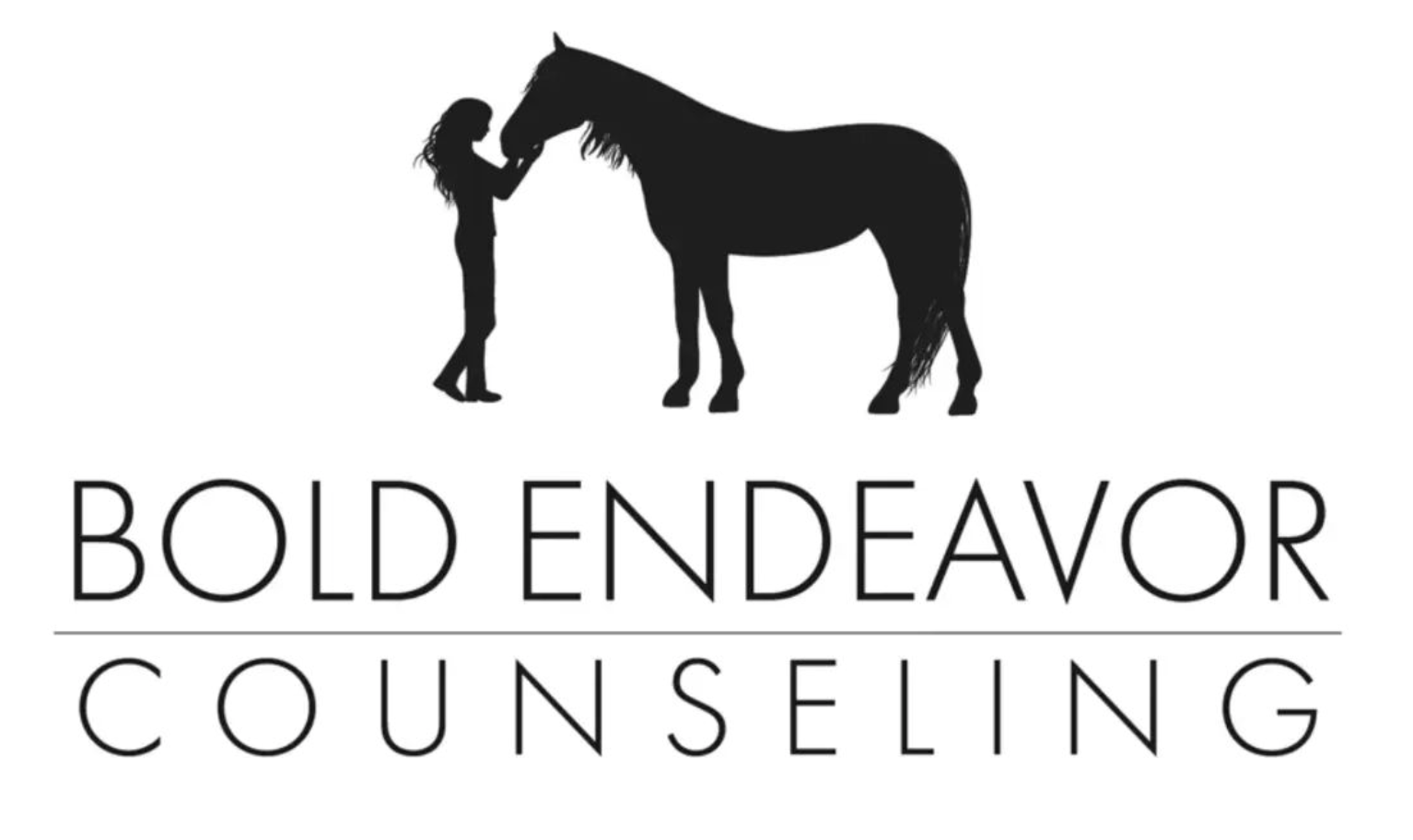What types of things does Bold Endeavor help with?
When a horse brings out something difficult in a client, a licensed and certified therapist who is trained and skilled at providing trauma-informed care knows how to handle it in a way that is helpful and doesn’t do harm to the client. For example, we’ve seen in working with youth in the foster system that horses bring out tremendous, complex traumas. A therapist needs to know the stages of trauma to work at a pace the client is ready to handle — how to process the issues that come up so the client can move forward, and what types of interventions are most suitable at any given time. These crucial support structures provide thoughtful, trauma-informed care, ensuring the psychological safety of the client.
- Post-Traumatic Stress Disorder
- Stress & Anxieties
- Depression
- Abandonment
- ADHD
- Anger
- Autism Spectrum
- Addiction
What benefit does Adult Equine Therapy have?
Equine-Assisted Therapy Can Be Beneficial for Everyone!
Individuals
One-on-one work allows the most flexibility to customize the therapy so you can work through your own thoughts and feelings. We can choose the most helpful therapeutic methods for your particular needs.
Groups
Groups are great for team building, addressing common issues with peers, and providing mutual support for processing shared experiences. Examples of groups I’ve worked with: formerly or presently unsheltered people, organization staff members, and individuals.
Families
How does your family interact? How can members grow together, communicate better, and handle challenges? More broadly, working together to improve our family environment can strongly influence how we handle our lives generally.
How does this become therapy?
When a horse brings out something difficult in a client, a licensed and certified therapist who is trained and skilled at providing trauma-informed care knows how to handle it in a way that is helpful and doesn’t do harm to the client. For example, we’ve seen in working with youth in the foster system that horses bring out tremendous, complex traumas. A therapist needs to know the stages of trauma to work at a pace the client is ready to handle — how to process the issues that come up so the client can move forward, and what types of interventions are most suitable at any given time. These crucial support structures provide thoughtful, trauma-informed care, ensuring the psychological safety of the client.
Who is appropriate/not appropriate for equine therapy?
Any individual with emotional, social, or behavioral needs that is motivated to learn, grow, and change in a dynamic setting. Individuals will need to demonstrate an ability to comply with basic equine safety along with meeting expectations set facilitator and/or group. Individuals with active psychosis, current suicidal behaviors, and aggression towards others or animals may not be appropriate for services at this time.
What insurance do you accept?
Insurance is not currently accepted. A flat rate for sessions is as follows: Intake sessions (60-90mins)=$150, Individual sessions (45 mins)=$100, Couples/family sessions (60 mins)=$150, Group sessions=$150/hr
What do I need for an equine session?
Closed toed shoes and weather appropriate clothing. Keep in mind these are living, breathing, curious animals and so anything brought into their space is fair game. Expect to leave with horse hair and/or dirt on your hands and clothing.
Are we riding?
Nope. Therapeutic services are entirely on the ground and no riding is permitted. If you’re interested in riding or horsemanship lessons, please contact Shayna Woods at SHAkti Equine Services.
How do I start?
Complete the form on the Contact Us page, we will be in contact with you to schedule an intake appointment, fee due prior to scheduling, where we’ll discuss needs and set goals. The first appointment is set up virtually and primarily informative. All info gathered is at your discretion.
How fast does it work?
The process of equine therapy is a little different than other methods. We often get quick results through a slower process.
What does that mean?
I follow the model of meeting clients where they are and letting them take the lead. Maintaining a pace that doesn’t make the client feel “pushed” is crucial, especially when working with trauma. It’s important to let the client’s nervous system set the tone, allowing the client time to process, and to not move beyond what the client is ready to handle. This is especially beneficial with clients on the autism spectrum, who often achieve remarkable results in this kind of work. Spending plenty of time laying the groundwork often pays off in significant improvement over a shorter period of time than with traditional office-based “talk therapy.”
What other therapeutic methods do you offer?
Not everyone is comfortable interacting with horses, especially at first. With some clients, we start by sitting in the pasture watching the horses, or even doing artwork. Being trained in a variety of evidence-based therapeutic methods gives me a wide menu of options, and I have a good sense of what will work best with a given client. Just being out in nature, sitting around a fire pit or watching squirrels in the trees, can enhance the therapeutic experience.
Whether you’ve had frustrating results with traditional office-based “talk therapy” or simply are attracted to the idea of working in this way, with attentive animals in a natural outdoorsy space, I invite you to get in touch to discuss how the therapeutic offerings of Bold Endeavor can work for you.
Didn’t find the answer you were looking for? Get in touch.
Phone
1-920-375-1215
E-mail
boldendeavor@gmail.com
Address
975 County Highway Z
Black Wolf, WI
